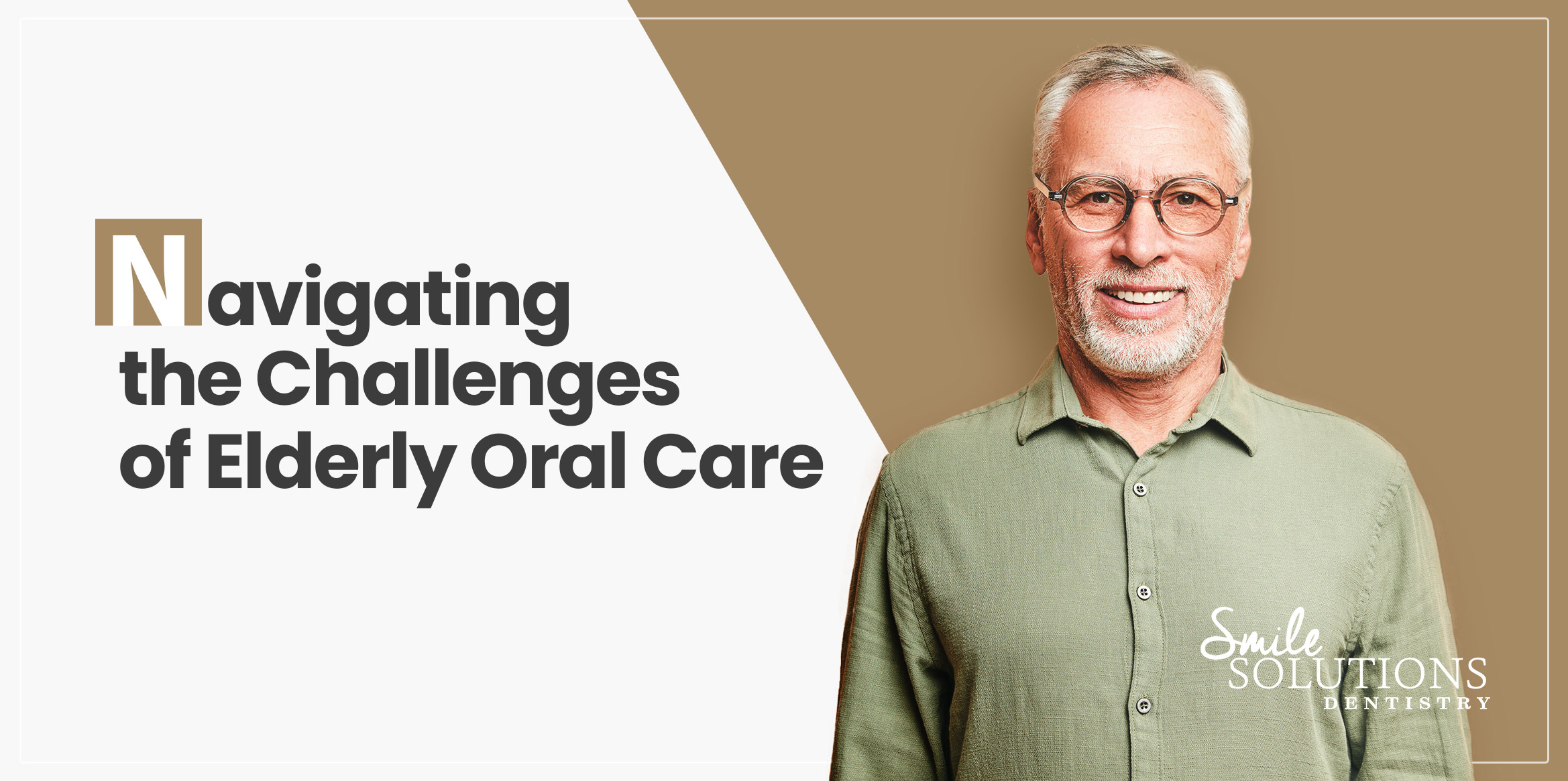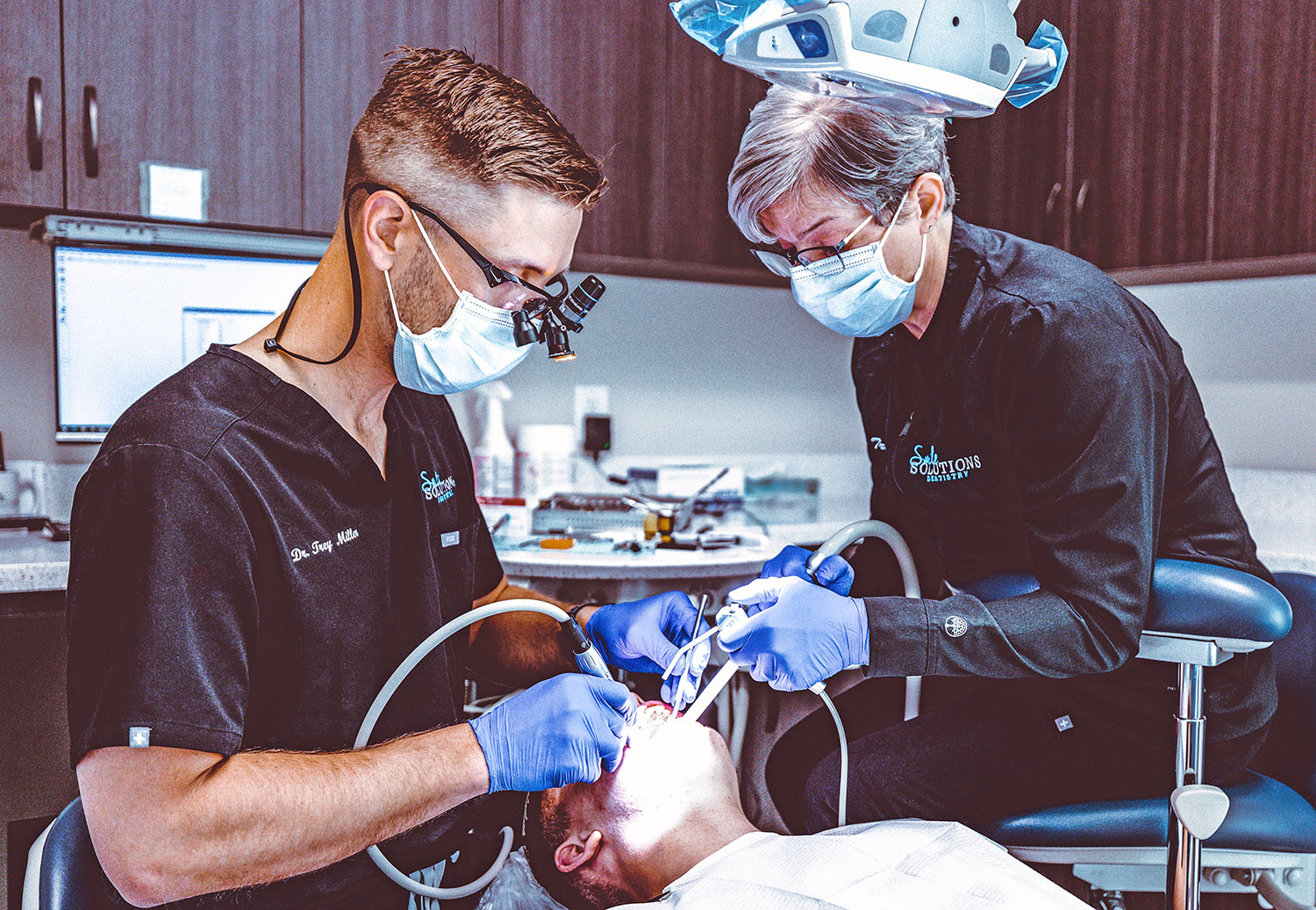Elderly Oral Care: Navigating the Challenges and Solutions
As we age, our bodies undergo various changes, and this includes our oral health. Dental care for the elderly is a critical aspect that often goes overlooked, yet it plays a significant role in their overall well-being. This article aims to shed light on the unique dental challenges faced by older adults and provide practical solutions to maintain healthy teeth and gums in the golden years.
Understanding the Dental Challenges in the Elderly
1. Dry Mouth (Xerostomia)
A common issue among the elderly, dry mouth is often caused by medications and certain medical conditions. It can lead to discomfort, difficulty in swallowing, and an increased risk of tooth decay and gum disease due to reduced saliva flow.
2. Gum Disease
Older adults are at a higher risk for gum disease, which can lead to tooth loss and has been linked to other health issues like heart disease and diabetes.
3. Tooth Loss
With age, the risk of tooth loss increases, often due to gum disease or decay. This can affect nutrition, as it becomes harder to eat certain foods, and can also impact self-esteem.
4. Oral Cancer
The risk for oral cancer increases with age. Regular dental check-ups are crucial for early detection and treatment.
Solutions for Maintaining Oral Health in the Elderly
1. Regular Dental Visits
Regular check-ups and cleanings are essential. These visits allow for early detection and treatment of problems like tooth decay, gum disease, and oral cancer.
2. Improved Daily Oral Hygiene
Elderly individuals should brush twice a day with fluoride toothpaste and floss daily. For those with arthritis or other conditions that make brushing difficult, electric toothbrushes or brush aids can be helpful.
3. Managing Dry Mouth
Staying hydrated is crucial. Additionally, using saliva substitutes, avoiding alcohol-based mouthwashes, and possibly changing medications (under doctor’s advice) can help.
4. Dentures Care
For those with dentures, proper fit and daily cleaning are important to prevent sores and infections. Regular dental check-ups ensure dentures are in good condition and fit properly.
5. Nutritional Balance
A balanced diet rich in vitamins, minerals, and fiber supports oral health. For those with chewing difficulties, softer foods and nutrient-rich supplements can be beneficial.
6. Oral Cancer Screening
Regular screenings for oral cancer are vital. Dentists can check for signs of cancer during routine visits, especially important for those who use tobacco or consume excessive alcohol.
Conclusion
Elderly oral care is about adapting to the changing needs of our bodies as we age. With proper care, attention, and regular dental visits, older adults can maintain a healthy mouth, contributing significantly to their overall quality of life. Remember, it’s never too late to start taking care of your oral health.. Call us today to schedule your consultation at 704-456-9611




